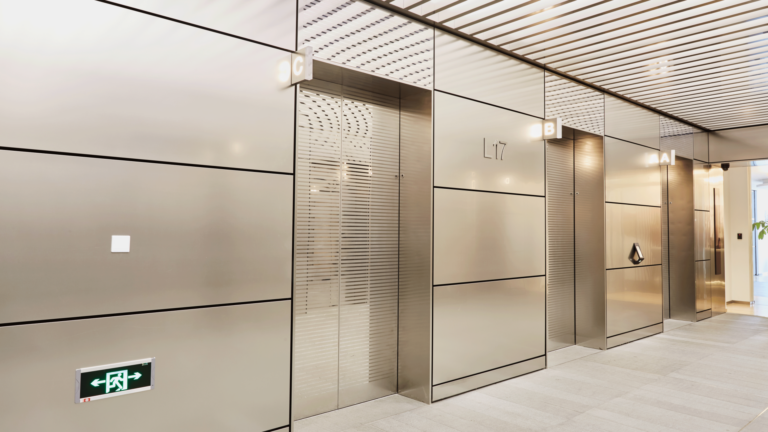Table of Contents
TogglePassenger Elevator Control System
Updating your passenger elevator control system is a critical endeavor for building owners and facility managers looking to enhance performance, reliability, and user experience. As the demands for efficiency and safety in public and commercial spaces continue to rise, an update can significantly improve the functionality of your elevator system while also increasing the overall satisfaction of its users.
Understanding the Importance of an Update
Passenger elevator control system updates are not just about replacing outdated software or hardware; they are about embracing new technologies that promote smoother and faster operation. A well-executed update can lead to enhanced performance metrics, reduced downtime, and lower energy costs. For example, implementing modern algorithms can streamline traffic flow in busy buildings, reducing wait times for passengers during peak hours.
Advantages of an Updated Control System
1. Increased Efficiency:One of the standout benefits of a passenger elevator control system update is the improvement in operational efficiency. Modern systems can utilize artificial intelligence to analyze traffic patterns and adjust elevator dispatching accordingly. Consider a high-rise office building where employees frequently travel to floors during breaks. An updated system can predict these patterns, ensuring that elevators are pre-positioned to minimize wait times.
2. Enhanced Safety Features:Safety is paramount when it comes to elevators. By updating your passenger elevator control system, you can incorporate advanced safety features, such as improved sensors that detect potential obstacles and automate responses to avoid accidents. For instance, an elevator might slow down or halt if it detects an obstruction near the door, enhancing overall safety for users.
3. User-Friendly Interfaces:In today’s digital era, user experience is at the forefront of many upgrades. A modern passenger elevator control system can integrate touchless controls, allowing passengers to select floors without physical contact. These interfaces can also provide real-time information on wait times and maintenance alerts, improving communication and transparency for users.
4. Energy Efficiency:With growing concerns about environmental impact, upgrading to energy-efficient systems is becoming increasingly essential. Many new elevator control systems use regenerative drives and sleep modes to conserve energy when elevators are not in use. This not only reduces the building’s carbon footprint but also lowers operational costs—a win-win for owners and tenants alike.
The How-To of Updating Your System
When considering a passenger elevator control system update, it is essential to follow a structured approach:
1. Assessment:Start with a thorough assessment of your current system’s capabilities and shortcomings. Look for signs such as increased maintenance costs or frequent breakdowns that indicate it’s time for an upgrade.
2. Consultation:Engage with professionals in the elevator servicing field to explore the latest technologies and features available. They can provide insights into systems best suited for your building’s needs.
3. Implementation:Choose a reputable vendor who can handle the installation smoothly with minimal disruption to your building’s operation. An effective update process includes thorough testing of the new system to ensure everything functions as expected.
4. Training:Train your staff on the new system to guarantee they can assist passengers and maintain safety standards effectively. Familiarizing them with new features will enhance the overall implementation process.
Conclusion
In conclusion, performing a passenger elevator control system update is a proactive move that should not be overlooked. As buildings evolve, so too must their systems to meet the needs of users while ensuring efficiency and safety. With advances in technology offering numerous advantages—from improved efficiency to enhanced safety features and energy conservation—this update presents a compelling opportunity for building administrators. By approaching this upgrade with a clear strategy, you can ensure your elevator system remains an asset rather than a liability. In the end, a successful passenger elevator control system update is one that leads to improved performance and a better experience for everyone involved.


